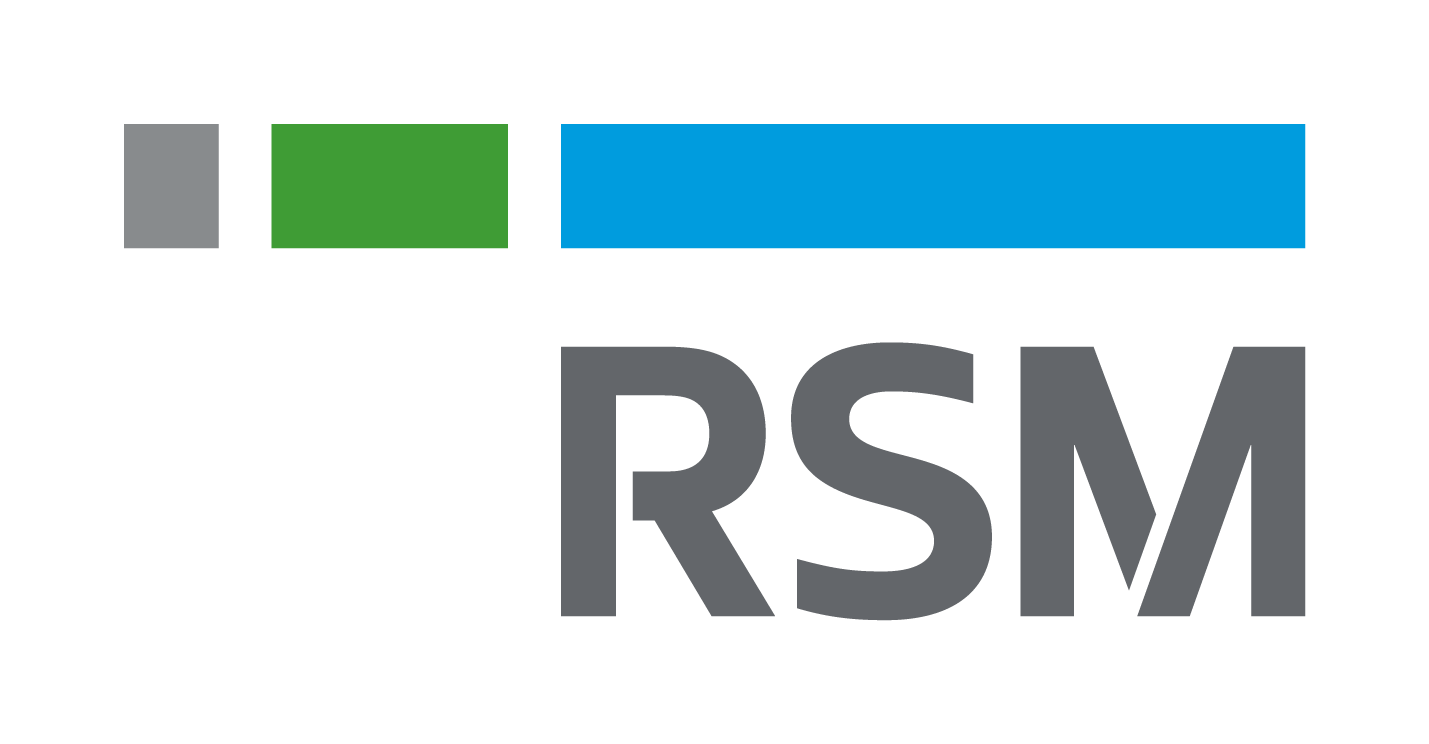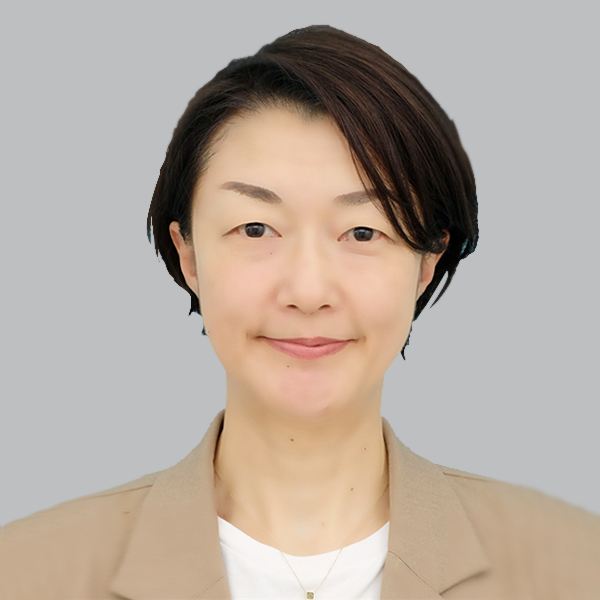Understanding the Status of Residence “Cultural Activities” in Japan
July 11, 2023
Status of Residence “Cultural Activities” Explained:
Understanding the Status of Residence “Cultural Activities”
The Status of Residence “Cultural Activities” encompasses various activities related to cultural and artistic pursuits in Japan. These activities include:
- Unpaid study and research activities.
- Unpaid artistic activities.
- Specialized research on culture or arts unique to Japan.
- Activities to learn culture or arts unique to Japan under the guidance of experts.
As of the end of 2022, there are approximately 2,400 foreign nationals with the Status of Residence “Cultural Activities,” which is about the same as the number of foreign nationals with the Status of Residence “Entertainer” and “Medical Services.” This number dropped to less than 1,000 in 2021 due to COVID-19 related entry restrictions, but it is now returning to the pre-pandemic level, which hovered around 3,000.
The term “unpaid study and research activities” covers not only professors, assistant professors, and instructors at foreign universities but also foreign students who meet certain conditions. When individuals with the Status of Residence “Cultural Activities” apply for permission to engage in other activities, the permission will be granted on an individual basis in consideration of the activity to be undertaken, working hours, and the place of work.
The scope of “culture or arts unique to Japan” includes traditional Japanese arts and practices such as Ikebana (Japanese flower arrangement), Sadou (Japanese tea ceremony), Judo, Japanese architecture, Nihonga (Japanese painting), Nihon-buyou (Japanese dance), Japanese cuisine, Japanese music, and other arts where Japan has played a significant role in their formation and development, such as Zen and karate.
An “expert in a culture or art unique to Japan” is not only someone holding a formal license or title in the respective field but also a person who has taught or is currently teaching in that field on a recurring and continuous basis.
Key Considerations to Note
Categories and Required Documents:
Unlike some other Status of Residence, the Status of Residence “Cultural Activities” is not categorized. Therefore, applicants need to provide detailed documents to support their application. These documents should clarify the nature and duration of the cultural activity, outline the organization where the applicant intends to engage in the activity, and certify the applicant’s educational background, work experience, and career history related to the cultural activity.
As the Status of Residence “Cultural Activities” does not involve remuneration, applicants must prove their ability to cover expenses during their stay in Japan. This requires submitting documents demonstrating whether the applicant has enough funds to cover minimum rent, living expenses, and other necessary costs during their stay. If the applicant is self-funding, a certificate of the bank balance in the applicant’s name or a certificate of scholarship benefits will be required. If someone else is covering the expenses, documents such as a certificate of tax payment for residence tax or income tax, a certificate of withholding tax, or a tax return must be provided and attached to the application.







